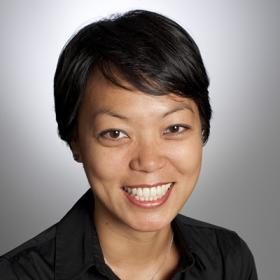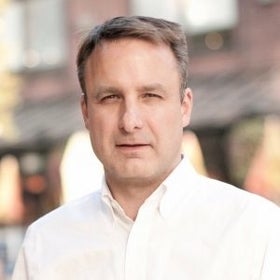Climate Change, COVID-19, and the Call for Justice
The time has come for systemic change. This need is demonstrated by the repeated cases of appalling anti-Black police violence and the disproportionate effects of COVID-19 and climate change on communities of color in the U.S. Metcalf Institute is committed to being part of the solution through our training offerings and public events.
We designed the 23rd Annual Public Lecture Series, June 15-19, to explore ways that the pandemic could shift our thinking, research, and action on climate change. The starkly unequal effects of these overlapping crises demand new approaches that are just, equitable, and sustainable. We must also explore these issues in the context of racism and anti-Black violence, as these are all intersecting problems in our country.
Click here to view entire lecture series on Metcalf Institute’s YouTube Channel. Scroll down to learn more about the lecture topics and speakers.
Learn more about the Inaugural Leeson Lecture
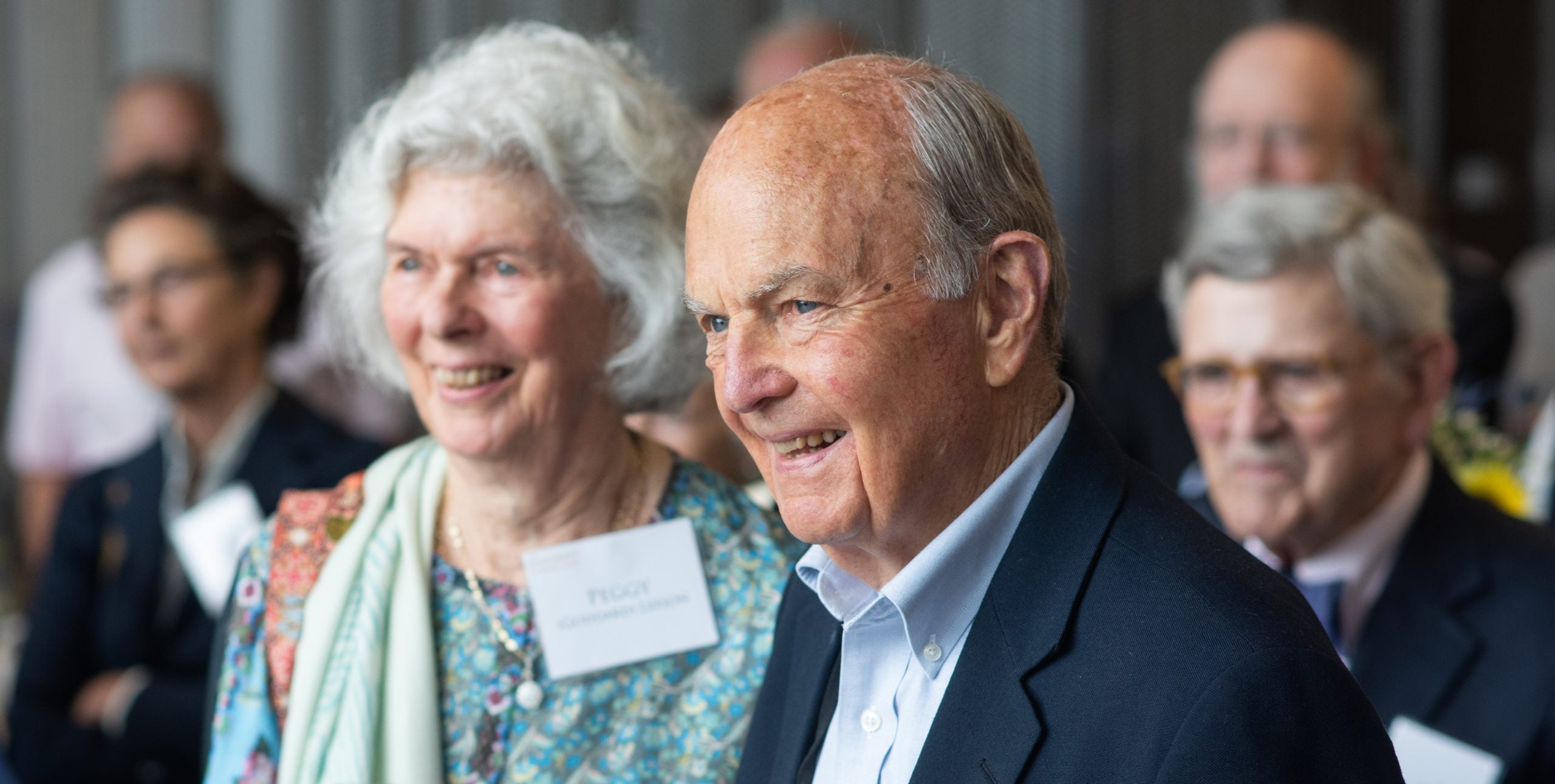
Metcalf Institute is kicking off the Annual Public Lecture Series with the Inaugural Leeson Lecture. The annual lecture was established thanks to the generosity of donors in honor of Robert Leeson, Jr., a tireless advocate for environmental issues and Metcalf Institute.
Monday, June 15, 1:00-2:00 pm EDT
The Leeson Lecture
Innovations on the horizon: How 2020 could shift conversations about climate change policy, research, and journalism
View lecture video
Climate change continues, even as we respond to the coronavirus and a national period of awakening in response to ongoing anti-Black violence. This raises an important question: how might COVID-19, national outrage over inequality, and the call for justice change our collective responses to climate change in terms of the economy, research, and journalism? A panel of national leaders from academia, the non-profit sector, and journalism will address that question.
Tuesday June 16, 1:00-2:00 pm EDT
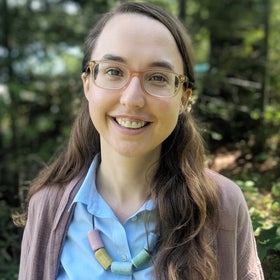
The battle over clean energy and climate policy in American states
View lecture video
Leah Stokes
University of California, Santa Barbara
Leah Stokes will discuss why the organized combat between advocate and opponent interest groups is central to explaining why states are not on track to address the climate crisis. She’ll touch on the political history of our energy institutions and explain how fossil fuel companies and electric utilities have promoted climate denial and delay. Importantly, Leah will also discuss the need to make structural changes to address both climate change and institutional racism as pollution continues to hit communities who are the least responsible the hardest.
Wednesday, June 17, 1:00-2:00 pm EDT
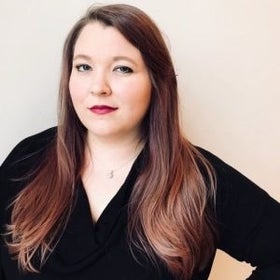
Disasterology: How COVID-19 complicates disaster response
View lecture video
Samantha L. Montano
Massachusetts Maritime Academy
The COVID-19 pandemic marked the first time that the entire U.S. emergency management system was activated simultaneously. Samantha Montano will discuss how emergency managers have been faced with not only responding to the pandemic but also adjusting preparedness efforts for other disasters and, in some places, actually responding to other disasters including spring tornado outbreaks, Michigan flooding, and nationwide protests.
Thursday, June 18, 1:00-2:00 pm EDT
View lecture video
Climate Adaptation: Communities at Risk During Economic Turmoil
Partnerships among local organizations, universities, municipalities, and tribal nations have made significant progress in recent years toward building resilience to climate change through adaptation measures. The COVID-19 pandemic has created significant economic uncertainties, which may put adaptation programs at risk. The national spotlight on systemic racism in America has also underscored the need for equitable adaptation planning strategies that prioritize front-line communities. This panel of national leaders working on climate adaptation at local to international scales will share insights related to flooding, agriculture, and the collaborations needed to advance and sustain climate resilience in this challenging time.
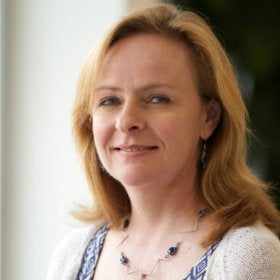
Rebecca Carter
World Resources Institute
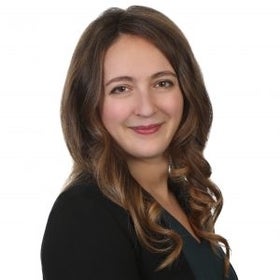
Melissa Roberts
American Flood Coalition

Donald Sampson
Affiliated Tribes of Northwest Indians
Friday, June 19, 1:30-2:30 pm EDT (Note different time!)
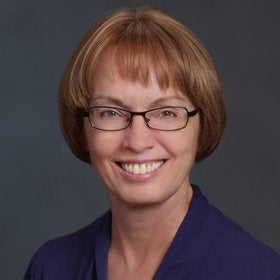
Health Risks of a Changing Climate
View lecture video
Kristie L. Ebi
University of Washington
Climate variability and change are affecting human health and health systems, increasing climate-sensitive health outcomes and damaging healthcare facilities from sea level rise, storm surges, and flooding. Climate change is exacerbating current and creating new inequities. Kristie Ebi will explain why, if no additional actions are taken, substantial increases in morbidity and mortality are expected in association with a range of health outcomes over the coming decades, with poor and marginalized communities experiencing the greatest impacts.

